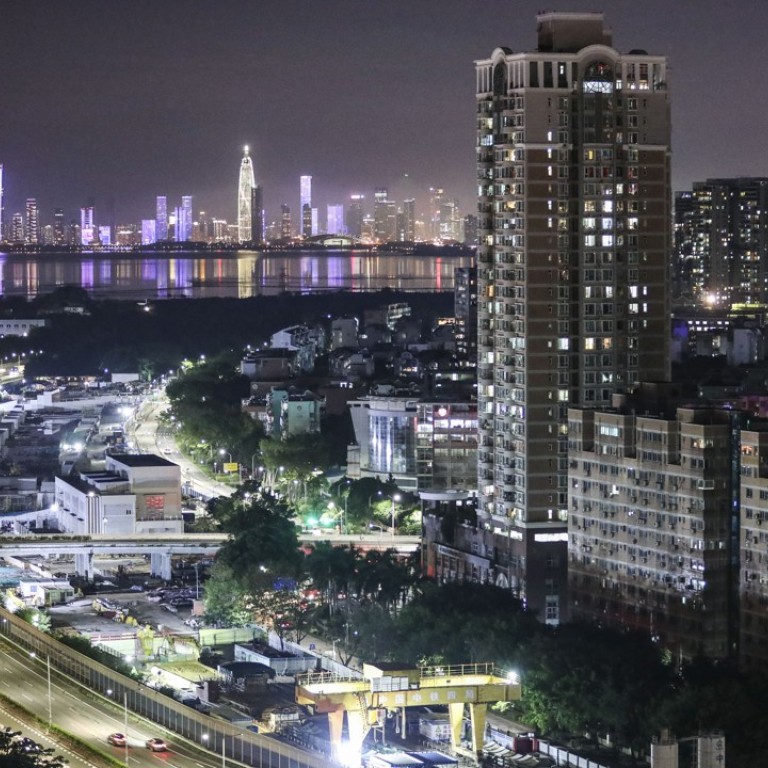
Greater Bay Area plan given thumbs up from private businesses, survey finds
The Chinese government’s ambition to turn a dozen of the country’s southern cities into a megacity that can rival San Francisco’s Bay Area has been given a boost from private businesses, according to a survey of business executives.
As many as 77 per cent of 714 company executives polled from Hong Kong, Macau and mainland China expect the Greater Bay Area’s economic growth to surpass that of the rest of China over the next three years, according a survey conducted by KPMG China, HSBC and Hong Kong General Chamber of Commerce and released on Monday.
Seventy per cent of respondents said their businesses would grow faster over the same period thanks to the project, which aims to integrate nine cities in Guangdong province as well as Hong Kong and Macau into a massive economic cluster that will rival San Francisco, New York and Tokyo.
“It’s not hard to understand where the optimism comes from – it’s a big market, with 56,000 square kilometres of land and 69 million people occupying an eighth of China’s GDP,” said Terence Chiu, head of commercial banking at HSBC Hong Kong.
Officially put forward by Premier Li Keqiang in his government work report in March 2017, the Greater Bay Area project aims to transform the region’s strong manufacturing base into a science and technology powerhouse.
The combined GDP of the region’s 11 cities stood at US$1.53 trillion in 2017, about the same as South Korea or Russia. And economic growth at nine out of the 11 cities was at least 7 per cent in 2017, beating the national average of 6.9 per cent.
But respondents also expressed concern over the lack of policy clarity and the difficulty in reconciling different social systems between the two former European colonies and mainland Chinese cities.
As many as 68 per cent of executives said regulatory ambiguity was one of the most significant challenges to the development of the region. Good coordination among the cities and free cross-border capital movement were cited as top challenges by 39 and 34 per cent of the respondents respectively.
The Chinese government has put the project’s long-awaited blueprint on hold since June, the Post reported earlier, amid the escalating US-China trade war.
The survey was carried out from June to July, with 61 per cent of the respondents from Hong Kong-based companies, 12 per cent from Shenzhen, 8 per cent from Guangzhou, and the rest from other cities.

